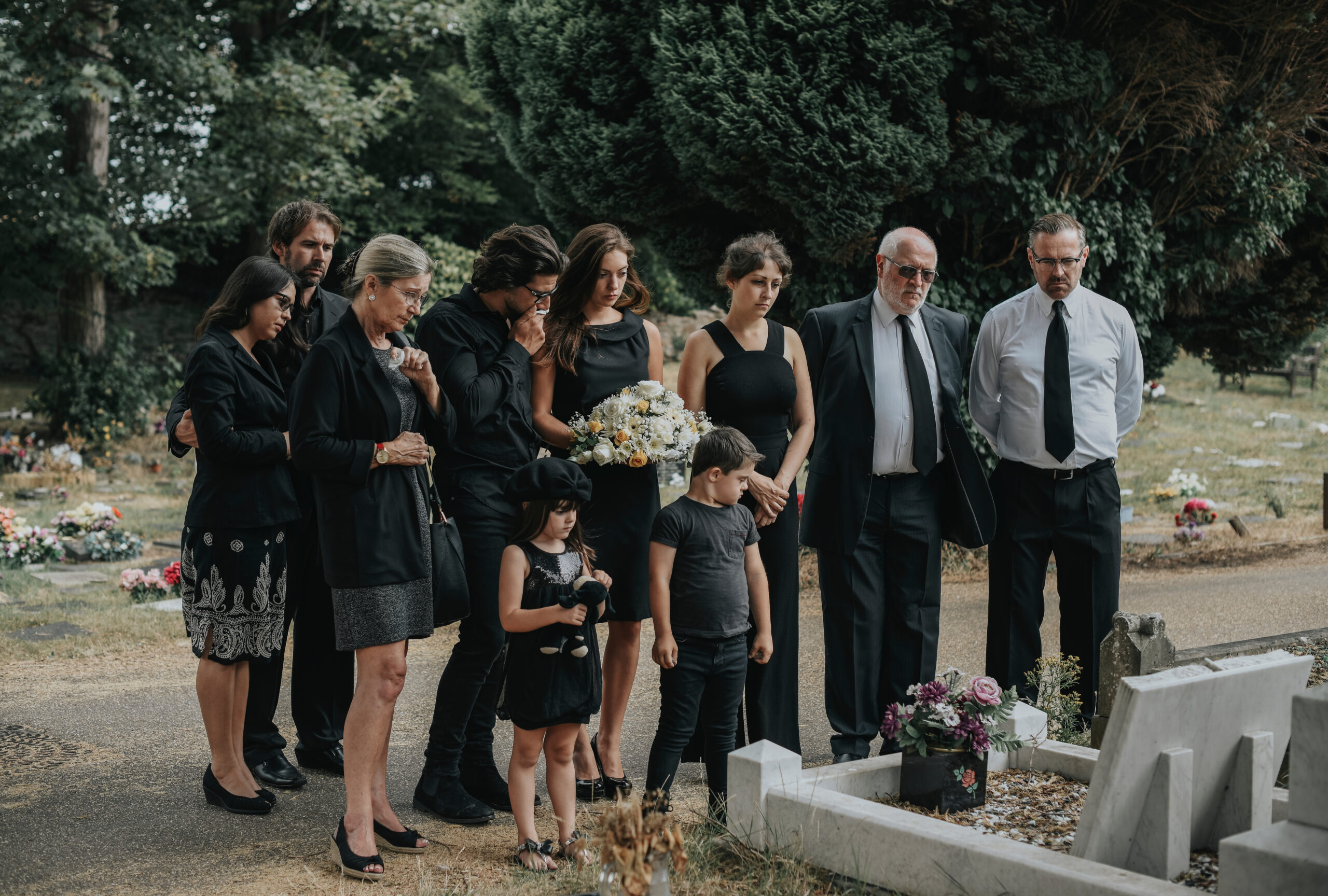The loss of a loved one due to the wrongful actions of another is an unimaginable tragedy. In New South Wales (NSW), the legal system provides a mechanism for the deceased’s family to seek compensation for their loss. These claims, known as Compensation to Relatives actions, are governed by the Compensation to Relatives Act 1897 (NSW).
This guide outlines the key aspects of Compensation to Relatives actions, helping families understand their rights and the process of seeking justice
What Is a Compensation to Relatives Action?
A Compensation to Relatives action allows the family of a deceased person to claim compensation when the death was caused by another party’s negligence or wrongful act. The purpose of this action is to address the financial losses suffered by relatives who depended on the deceased for support.
Under the Compensation to Relatives Act NSW , eligible claimants include:
- The spouse or de facto partner of the deceased
- The deceased’s children, including adopted children
- The deceased’s parents
- Any person who was financially dependent on the deceased at the time of their death
Each claimant must demonstrate how they were financially impacted by the loss of the deceased.
Compensation to Relatives actions focus on the economic losses suffered by the dependents, including:
- Loss of Financial Support
The deceased may have been the primary breadwinner, contributing to the household income. Claimants can seek compensation for the lost income they would have received had the deceased lived. - Loss of Services
Beyond financial contributions, the deceased may have provided invaluable domestic or caregiving services. Compensation can cover the costs of replacing these services, such as childcare, cooking, or home maintenance. - Funeral Expenses
Reasonable funeral and burial costs can also be recovered as part of the claim.
Unlike some other legal claims, Compensation to Relatives actions do not cover non-economic losses such as pain and suffering, loss of companionship, or emotional distress caused by the death.
However, loved ones may be entitled to compensation through a nervous shock claim if they suffer a recognised psychiatric injury as a result of the death (e.g., depression, panic attacks, nightmares). Nervous shock claims are distinct and require medical evidence.
To succeed in a claim, the claimant must prove:
- That the deceased’s death was caused by the negligence, breach of duty, or wrongful act of another party; and
- That the claimant suffered economic loss and/or loss of services as a result of the death
Common examples include motor vehicle accidents , workplace fatalities, or medical negligence.
Courts assess damages based on the specific financial and personal circumstances of the deceased and the dependents. Factors include:
- The deceased’s earning capacity and career trajectory
- The nature and extent of services provided by the deceased
- The age, health, and financial needs of the dependents
It is common for expert evidence, such as actuarial reports, to be used to calculate the financial losses.
Under the Limitation Act 1969 (NSW), Compensation to Relatives actions must generally be commenced within three years from the date of the deceased’s death. Exceptions may apply in certain cases, such as when the claimant is a minor at the time of death.
Compensation to Relatives claims in NSW can be complex, requiring careful evidence gathering and expert analysis. Families should seek legal advice as soon as possible to:
- Identify eligible claimants
- Accurately calculate damages
- Ensure claims are lodged within statutory timeframes
- Present expert medical and financial evidence
Speak to an Expert About Compensation to Relatives NSW
While no amount of compensation can replace the loss of a loved one, these claims offer essential financial protection for those left behind. If you believe you may have a Compensation to Relatives claim in NSW, contact Stacks Goudkamp today for a compassionate and confidential consultation.



